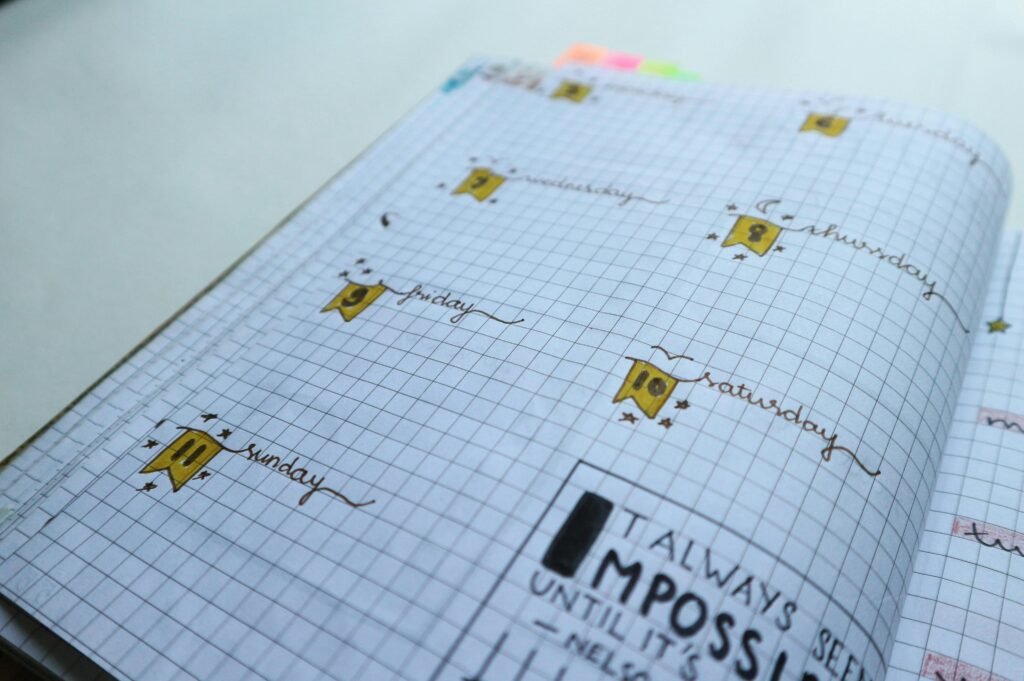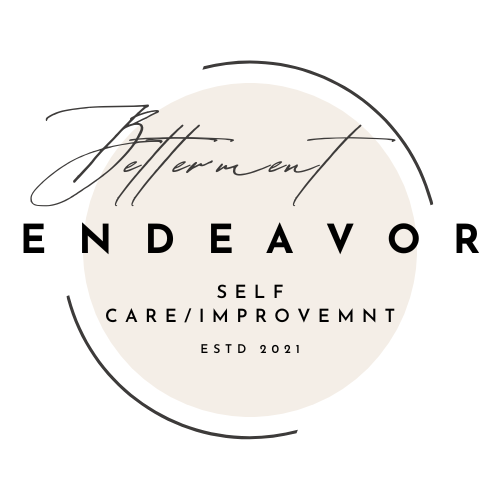Effective note-taking is more than just jotting down information—it’s about capturing, organizing, and reviewing key concepts to enhance your learning and productivity. Whether you’re a student trying to ace exams or a professional attending meetings, mastering the art of note-taking can make a significant difference. Here are 15 essential note-taking tips to help you study more effectively.

1. Choose the Right Tools
Select tools that match your preferences and needs. Digital tools like Notion, Evernote, or Microsoft OneNote offer flexibility, easy editing, and accessibility across devices. If you prefer a tactile experience, traditional notebooks or index cards might be more effective. Choose what works best for you!
2. Use the Cornell Method
The Cornell Method divides your page into three sections: a narrow column for key points, a wider column for detailed notes, and a summary section at the bottom. This structure helps in organizing your notes and makes reviewing easier.
3. Be Concise
Focus on capturing key points and ideas rather than transcribing everything verbatim. Being concise helps in creating notes that are easier to review and understand, ensuring you retain the most critical information.
4. Highlight Key Information
Use colors, underlining, or symbols to emphasize important details. Highlighting helps in quickly identifying and recalling crucial information during revision.
5. Organize Notes Logically
Arrange your notes in a logical order that makes sense for the material. You can choose to organize them chronologically, by topic, or using any other system that suits your study habits. This logical structure makes it easier to follow and review your notes.
6. Use Bullet Points and Lists
Bullet points and numbered lists break down information into manageable chunks, making your notes clearer and more organized. Lists also help in prioritizing and structuring information effectively.
7. Summarize Regularly
At the end of each section or topic, write a brief summary. Summarizing reinforces your understanding and helps consolidate the information, making it easier to recall later.
8. Incorporate Visuals
Adding diagrams, charts, or drawings can make complex concepts easier to understand and remember. Visuals can also break up text-heavy notes, making them more engaging.
9. Review and Revise
Regularly reviewing and revising your notes is crucial for retention. Set aside time to go over your notes periodically, and update them with additional information or corrections as needed.
10. Use Abbreviations and Symbols
Develop a system of abbreviations and symbols to speed up your note-taking process. This technique allows you to keep up with fast-paced lectures or meetings without missing important points.
Abbreviations:
- w/ – with
- w/o – without
- b/c – because
- e.g. – for example (exempli gratia)
- i.e. – that is (id est)
- & – and
- vs. – versus
- ppl – people
- info – information
- dept. – department
- amt. – amount
- dr. – doctor
- asap – as soon as possible
- hrs – hours
- min – minutes
- sec – seconds
- nb – note well
- est. – estimated
- avg – average
- proj. – project
Symbols:
- → – leads to, results in
- ← – comes from
- * (asterisk) – important, highlight
- / (slash) – or
- √ – check, completed
- ! – important, attention
- ? – question, unclear
- # – number, topic
- Δ (delta) – change, difference
- & – and
11. Date Your Notes

Always include the date and topic at the top of each page. Dating your notes helps with organization and makes it easier to locate specific information when needed.
12. Connect Ideas
Use arrows, lines, or other visual cues to connect related ideas and concepts. This method helps in visualizing relationships between different pieces of information and aids in understanding the material more comprehensively.
13. Stay Organized
Keep your notes organized in a binder, digital folder, or notebook with clear labels. An organized system ensures that you can easily find and use your notes when needed.
14. Active Listening
Engage actively with the material as you listen or read. Active listening improves the quality of your notes by ensuring that you capture the most relevant and accurate information.
15. Practice Regularly
The more you practice effective note-taking, the better you’ll become. Regular practice helps you refine your techniques and improve your overall note-taking skills.
By incorporating these tips into your note-taking routine, you can enhance your study sessions, stay organized, and improve your ability to retain and apply information. Whether you’re preparing for exams, working on a project, or just trying to stay organized, these strategies will help you make the most of your notes.
Happy studying!
@quizmeagain A talk about – Geography #ท่องศัพท์ภาษาอังกฤษ #ท่องศัพท์วันละ10คํา #เรียนภาษาอังกฤษ #quizmeagain #english #englishvocabulary #lovetolearn #about#geography
♬ original sound – QuizMeAgain


